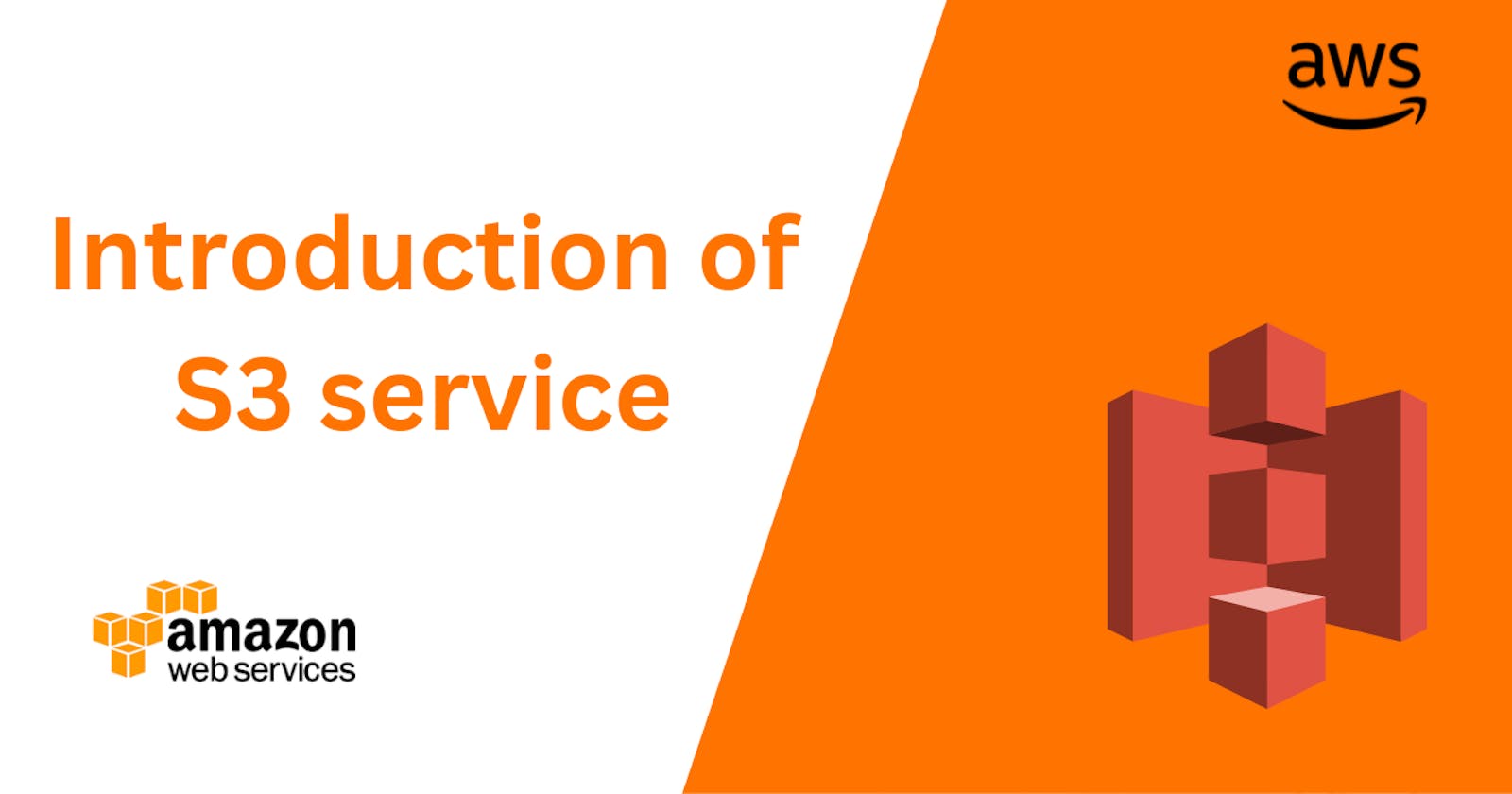In the world of cloud computing, Amazon Web Services (AWS) is a big player. One of its most important services is Amazon S3 (Simple Storage Service). It's like a big digital storage space where you can keep your stuff safe on the internet. Here, we'll take a closer look at AWS S3, what it does, how people use it, and some good ways to use it.
Understanding Amazon S3:
At its core, Amazon S3 offers developers and businesses a highly available and infinitely scalable storage infrastructure. It allows users to store and retrieve virtually any amount of data, ranging from a few gigabytes to several terabytes or even petabytes, with high durability and low latency.
Key Features:
Scalability: Amazon S3 automatically scales to accommodate growing storage needs without any upfront planning.
Durability: Data stored in S3 is redundantly stored across multiple facilities and devices, ensuring 99.999999999% (11 nines) durability.
Availability: S3 guarantees a high level of availability, with a service-level agreement (SLA) promising 99.99% uptime.
Security: S3 offers robust security features, including encryption both in transit and at rest, access control mechanisms, and integration with AWS Identity and Access Management (IAM).
Lifecycle Management: Users can define lifecycle policies to automatically transition objects between different storage tiers or delete them based on predefined rules.
Versioning: S3 supports versioning, allowing users to preserve, retrieve, and restore every version of every object stored in their buckets.
Cross-Region Replication: Enables automatic replication of objects across different AWS regions for disaster recovery and compliance needs.
Use Cases:
Static Website Hosting: Amazon S3 can host static websites efficiently, serving HTML, CSS, JavaScript, and other static assets to users globally.
Data Backup and Archiving: Many organizations leverage S3 as a cost-effective and reliable solution for backup and long-term data retention.
Content Distribution: S3 integrates seamlessly with Amazon CloudFront, AWS's content delivery network (CDN), enabling fast and secure content distribution worldwide.
Big Data Analytics: S3 serves as a central data lake for storing large volumes of structured and unstructured data, facilitating analytics, machine learning, and other data processing tasks.
Media Storage and Delivery: Companies in the media and entertainment industry use S3 to store and deliver media assets such as videos, images, and audio files.
Best Practices:
Bucket Naming: Choose unique and descriptive names for S3 buckets, avoiding any potential naming conflicts.
Encryption: Always enable encryption to protect data confidentiality, both in transit (using SSL/TLS) and at rest (using server-side encryption).
Access Control: Implement fine-grained access controls using IAM policies, bucket policies, and access control lists (ACLs) to restrict access to S3 resources.
Monitoring and Logging: Set up Amazon CloudWatch metrics and S3 access logs to monitor bucket activity and detect any unauthorized access attempts.
Cost Optimization: Utilize S3 storage classes (Standard, Intelligent-Tiering, Standard-IA, One Zone-IA, Glacier, etc.) based on data access patterns and retention requirements to optimize costs.
Lifecycle Policies: Define lifecycle policies to automatically transition objects to lower-cost storage tiers or delete them when they're no longer needed.
Conclusion:
Amazon S3 stands as a foundational service in the AWS ecosystem, offering unparalleled scalability, durability, and security for storing and managing data in the cloud. Whether you're a small startup or a large enterprise, leveraging S3 can streamline your data storage and management processes while ensuring high availability and reliability. By understanding its features, exploring its use cases, and adhering to best practices, businesses can harness the full potential of Amazon S3 to drive innovation and growth in the digital age.
Certainly! If you found this content valuable, don't forget to like, follow me on Twitter LinkedIn Hashnode, and share it with others who might benefit from the information. Your support is greatly appreciated!
